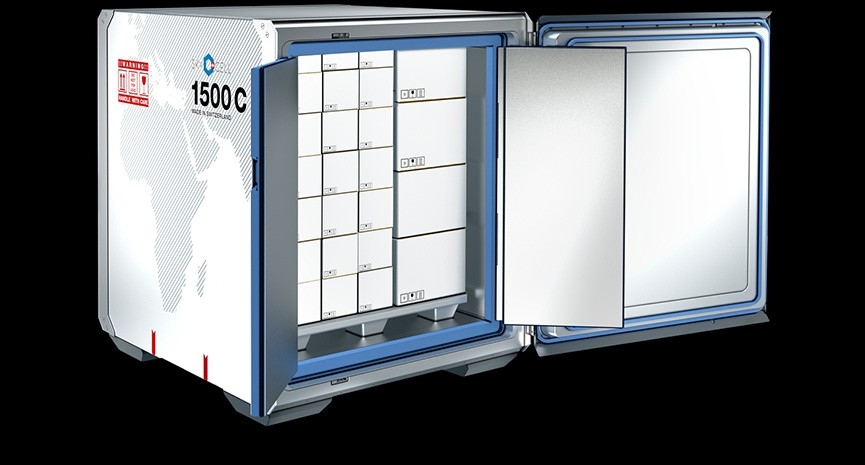SkyCell contributes in reducing CO2 emission in air cargo consignments, says study
SkyCell containers are almost cutting in half the CO2 emissions per air cargo shipment, reveals a comprehensive study by an internationally renowned foundation, myclimate. In a comprehensive life-cycle analysis, the climate protection partnership compared SkyCell 2500

Sep 12, 2018: SkyCell containers are almost cutting in half the CO2 emissions per air cargo shipment, reveals a comprehensive study by an internationally renowned foundation, myclimate. In a comprehensive life-cycle analysis, the climate protection partnership compared SkyCell 2500 and 1500 containers with a commonly used competitors’ product, analysing the CO2 footprint on typical cold chain routes as well as the emissions caused from manufacturing until decommissioning of the containers.
The objective of the ‘Comparative Carbon Footprint Study’ was to compare SkyCell Container solutions for the transport of pharmaceutical products in the temperature range 2-8°C with conventional passive solutions. All processes from manufacturing, preconditioning, to transport and end-of-life were analysed from cradle-to-grave in order to evaluate the CO2 footprint of the temperature-controlled containers holistically. The study compared the global warming potential (GWP) of SkyCell 1500 and 2500 containers to other commonly used solutions. All the units are designed for cold chain shipments of the pharmaceutical industry. “We initiated the study, because it has been our goal right from the start to develop and run the most efficient and safest pharma container system worldwide. We wanted to verify this from an independent and trustworthy source like myclimate,” said Nico Ross, CTO of SkyCell.
“It can be stated that the big SkyCell 2500 container with a high interior transport volume performs best when looking at the entire life-cycle of the product and shipment, followed by the smaller SkyCell 1500,” said Bettina Kahlert, Leader Resource Efficiency at myclimate. As a Swiss-based non-profit organization, myclimate pursues science-based and business-orientated climate protection projects around the world.
Experts at myclimate analyzed in detail not only the fuel consumption in air transport on typical routes, but also the complete life-cycle of transport containers. Using the ecoinvent database, the environmental impact of transporting SkyCell containers was assessed compared to a commonly used solution. The database allows the calculation of the exact environmental impact (energy consumption, carbon dioxide, polluting emissions) of transports.


